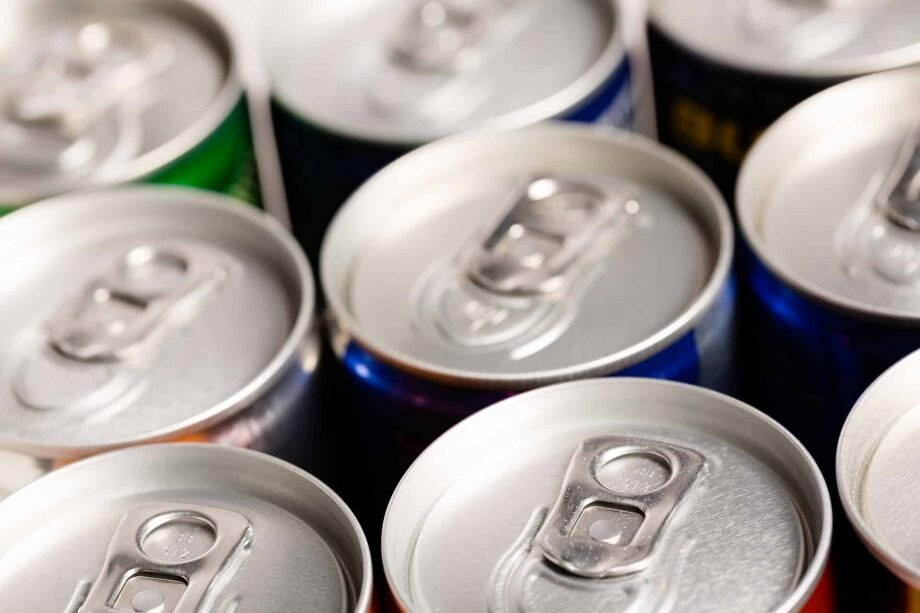With everyone trying to adopt a more conscious approach to how they live, people have become extremely conscious of what they consume in an attempt to maintain a healthy lifestyle. Juices have become a pretty popular approach with many people opting to include them in their daily regimen. However, the question remains, to juice, or not to juice?
If you are anything like me, you have probably had this debate several times over. Be it with friends, family or even yourself, it is very easy to question the value of juicing when you could easily cop the same thing at the store minus all the work. The fuss over homemade juice is however not unwarranted. Most store-bought juices have the “100% all-natural fruit juice” labels and claims which are easy to fall victim to. This is because most store-bought juices are pasteurized such that by the time they get to the bottle let alone the store they lack most of the nutrients they claim to have. Even with all the pretty “100% natural fruit juice” labels, homemade juices in comparison to store-bought juices are still the healthier and more beneficial option as they do not contain any preservatives, or sweeteners.
We shall assess the two options using various parameters and you can decide:
-
Ease of Preparation
When it comes to ease of preparation, store bought juices take home the cup. Homemade juices are tedious to prepare and involve more than just “add to cart” during your grocery run. Aside from being tedious, homemade juices are quite involving as the process begins from deciding what juice to make, to purchasing and prepping the ingredients. They can also be quite disappointing as the quality of your juice is ultimately affected by quality of your produce and ingredients.
-
Nutritional Value
Most store-bought juices have the nutritional value indicated on the labels, but the matter of fact is, store bought juices are not half as nutritious as homemade juices. Most nutrients in store-bought juices are lost during the pasteurization and additional artificial preservatives are added to make the juices last longer. Some companies usually try to add artificial nutrients, but it is common knowledge that they are not as good the naturally occurring compounds, minerals or vitamins. Store bought juices also contain artificial sweeteners which are not good for your health. Lastly homemade juices just like in their fruit form contain soluble fiber which is good for digestion as well as your overall health and body function.
-
Double C’s
Convenience and cost are things you should factor in when trying to figure out the juicing debate. Store-bought juices are convenient and time saving because they only involve pouring and consuming. They are also cheaper and can occasionally be found on sale. Homemade juices are time consuming and not in the least convenient. The ingredient prep alone takes quite some time and were it not for the invention of juicers it would probably take even longer. Because you cannot store them for long, a fresh batch must be made for every time you want to consume the juice. Not only is it inconveniencing but it also involves an extra cost. Cost is however relative for homemade juices because it depends on how much value you place on your health.
Store-bought juices may not necessarily be the devil, as some manufacturers are trying to create healthier cold pressed juices. Juice bars also continue to pop up everywhere and are even better solution. However, in our books homemade juices are still king for their nutritional value and unmatched freshness.


Hello, I’m Scott – a juicer and blending enthusiast. I hope to inspire you to make one positive step towards your juicing or blending journey through visiting this site.
We’ll go over some easy tips, guides, hacks, and honest product reviews so that you don’t have to waste your time or money on trial and error.

